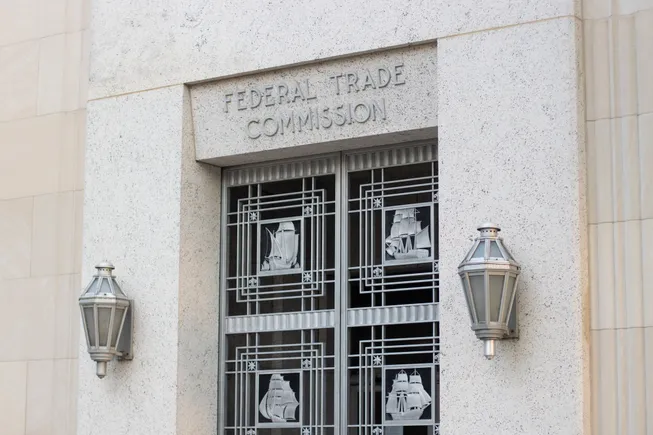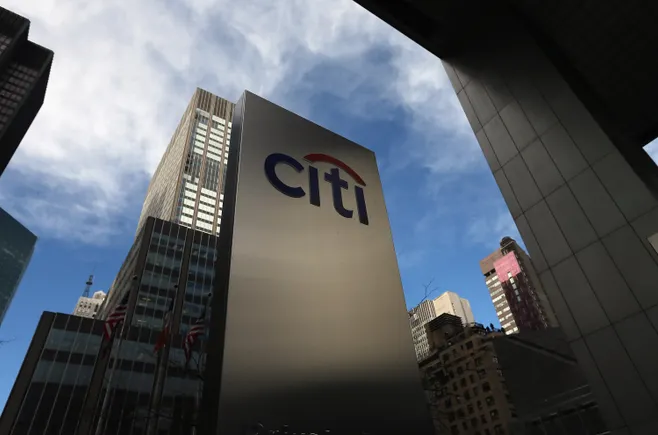Dive Brief:
- A former Amazon driver lacks standing to challenge the U.S. Equal Employment Opportunity Commission’s decision not to pursue disparate-impact charges, the agency said in an Oct. 31 filing with the U.S. District Court for the District of Columbia.
- The plaintiff sued weeks prior in Cross v. EEOC alleging that the commission implemented a policy of administratively closing such charges. EEOC claimed that the plaintiff is unlikely to succeed on the merits of her claims and lacks standing because it investigated her complaint and gave her a right-to-sue notice.
- EEOC also denied the plaintiff’s Administrative Procedure Act claims, stating that it took no final agency action, its enforcement decisions are at its discretion and that it did not act contrary to statute. “The court should not entertain her requests and instead should deny relief,” the commission said.
Dive Insight:
EEOC adopted a defense similar to the one it articulated in response to a separate lawsuit challenging its handling of transgender discrimination lawsuits. There, the agency characterized its handling of such cases as a core executive function generally insulated from judicial review. In Cross, the agency similarly described its investigation of discrimination charges as the “special province of the Executive Branch” not subject to judicial review.
“Perhaps if this was a scenario where the EEOC had adopted a policy so extreme that ‘the Executive has entirely ceased enforcing the relevant statutes’ there might be an argument for standing,” EEOC said. “But the court need not bother with such a hypothetical scenario as the EEOC continues to investigate Title VII cases and in fact, did a complete investigation of Plaintiff’s claim.”
The commission also noted that it had investigated the plaintiff’s discrimination complaint — which claimed that an Amazon workplace policy had a disparate impact based on sex — and said that the APA does not specify what type of investigation an individual charge or category of charges must receive.
EEOC’s shift on disparate-impact enforcement followed President Donald Trump’s April executive order directing the agency’s leadership to assess pending investigations, civil suits or positions taken in ongoing civil rights matters involving disparate-impact liability. Trump criticized disparate-impact liability theory as part of a “pernicious movement” that is “wholly inconsistent” with the U.S. Constitution and equality of opportunity.
Sources who previously spoke to HR Dive criticized the order as illegal, stating that EEOC had previously cited disparate-impact liability theory in much of its antidiscrimination litigation. The theory has been applied by the U.S. Supreme Court and Congress has since amended Title VII of the 1964 Civil Rights Act to codify the theory, according to the Congressional Research Service.






Leave a Reply